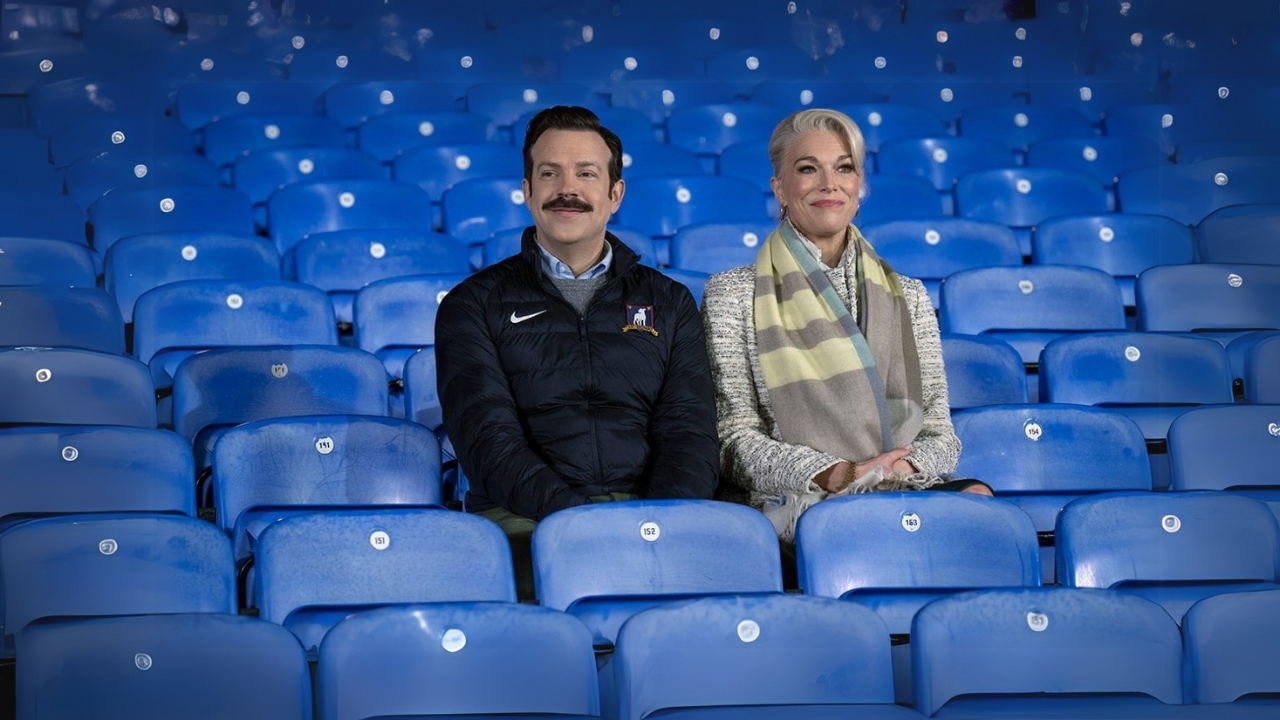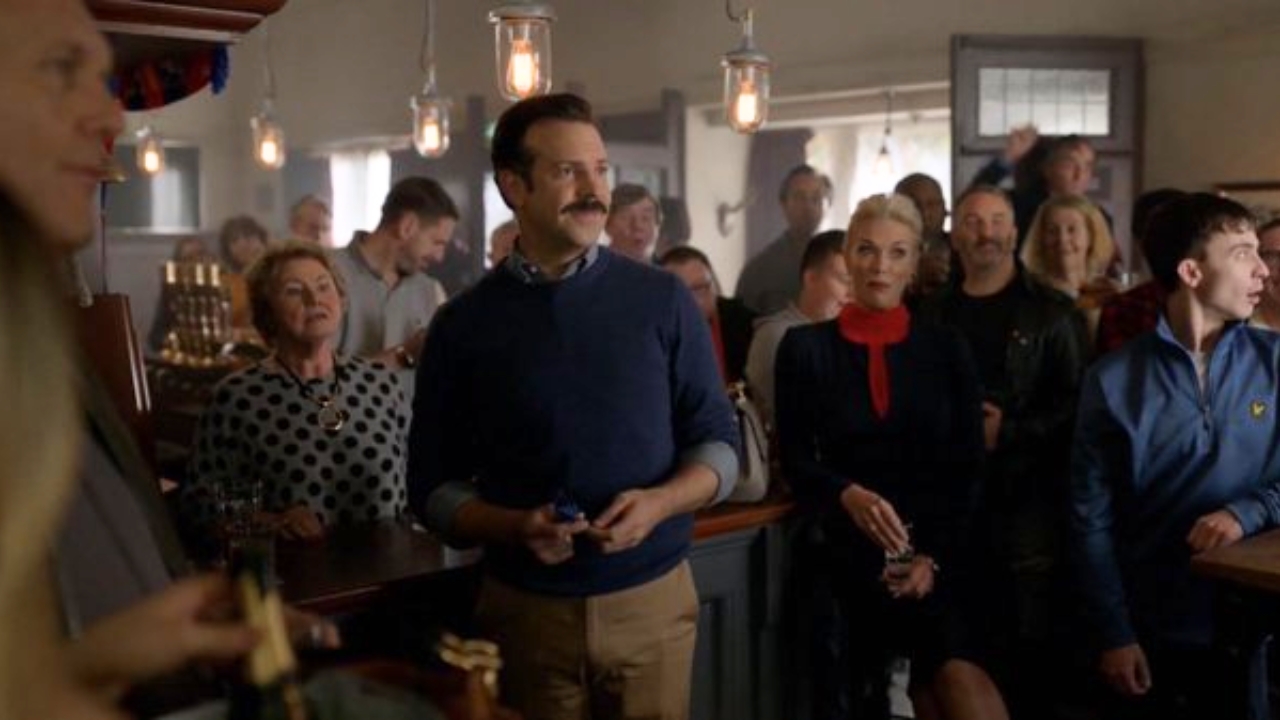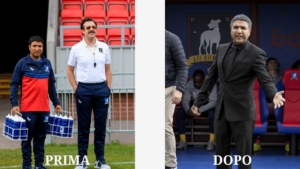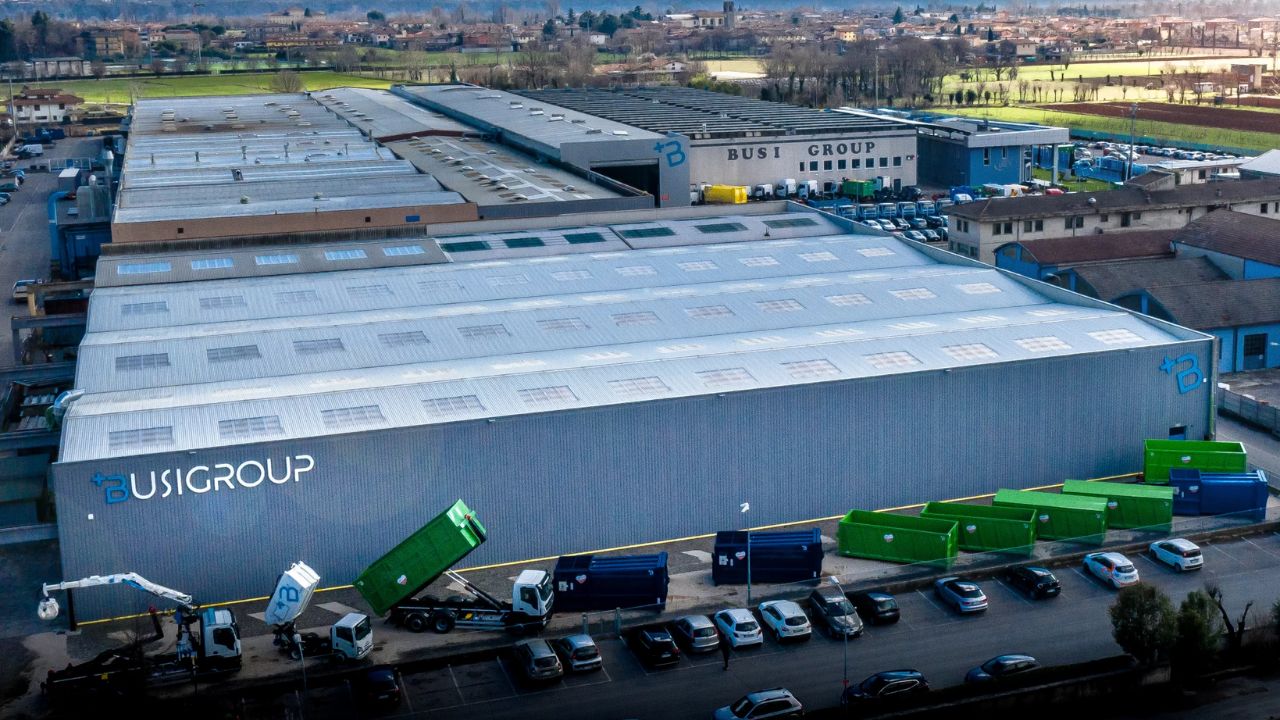The Manager Coach: a winning model of leadership

Indice
In the world of work, leadership is no longer just about goals and performance. Managers profoundly influence the mental well-being of their employees, often more than they realize. According to research by UKG, 69% of people believe that the boss has a significant impact on our mental health, on par with a partner and even more than doctors and therapists (complete report). This data highlights a fundamental reality: a good manager is not only a strategic leader, but also a human and empathetic point of reference.
In this context, the manager coach emerges as an increasingly central figure. It is no longer enough to give orders and check results: to create a healthy and productive work environment, managers must know how to listen, support and value people, helping them grow professionally and personally.
But what does it mean to adopt a coach manager’s style? And what strategies can be put into practice to foster a more positive and engaging work environment?
A perfect example comes from the TV series produced by Apple TV, Ted Lasso. The protagonist, an American football coach with no experience in soccer, manages to create a united team and revive the fortunes of a team in the second division of English soccer, not thanks to his technical competence, but through empathy, listening and constant encouragement.
Through the parallelism with Ted Lasso, in this article we will explore the key qualities of a manager coach and discover how a leadership style based on trust and personal growth can make a difference in the company.
In this article there will be some small spoilers, but don’t worry, we’ll warn you in time!
1. The art of listening
In the world of work, active listening is one of the most valuable skills a manager can develop. Creating an environment where employees feel truly heard and valued helps build trust, reduce misunderstandings and foster collaboration. A manager who practices active listening does not just hear words, but pays attention to non-verbal language, asks open-ended questions and rephrases concepts to make sure they are understood correctly.

A perfect example of this ability is Ted Lasso. In the series, the protagonist constantly demonstrates an authentic and empathetic listening ability. He does not interrupt, does not judge and focuses entirely on the interlocutor, creating a climate of openness and respect. He uses open-ended questions to probe and better understand others’ concerns, without judgment, and rephrases what he has heard to confirm that communication is clear.
This approach allows him to gain the trust of the team and management.
2. Gentle leadership
Constant support and kindness are not simple gestures of courtesy, but powerful tools for building trusting relationships. A manager who demonstrates sincere attention to their employees – through small actions repeated over time – creates a positive and stimulating work environment. These gestures do not have to be extraordinary, but they must communicate presence, reliability and a genuine interest in the well-being of people.
Ted uses cookies as a tool to connect and support Rebecca, the president of the AFC Richmond, who is saddened by her recent divorce from her ex-husband. From day one, Ted brings her a box of homemade cookies, creating a ritual he calls “Biscuits with the Boss.”
Why does this “strategy” work?
Kindness and constancy
Even though Rebecca initially finds him annoying and doesn’t want to talk to him, Ted keeps showing up every morning with cookies, without expecting anything in return. This constancy gradually lowers her defenses.
Creating a habit
The cookie ritual becomes a daily moment that Rebecca ends up looking forward to, even if she doesn’t admit it at first. This builds a natural connection.
Symbolic and personal act
Ted doesn’t buy the cookies, he makes them himself, showing sincere attention.
Empathy and patience
Ted never forces the relationship, but lets Rebecca lower her defenses when she’s ready. Over time, the cookie ritual helps turn an initially hostile relationship into a true friendship.

3. Coaching people, not just results
A manager coach constantly invests in people’s growth, helping them improve both professionally and personally. Some of the ways they do this are:
- Delegating important responsibilities, even to the youngest, to help them develop self-confidence
- Encourage continuous learning, recommending books, courses and learning opportunities
- Providing constructive feedback to bring strengths and improve areas of weakness
Spoiler!
4. The meaning of Work: The power of a shared purpose
Today we all know how fundamental the purpose in a company is because it gives meaning and direction to all activities, motivates people, customers and stakeholders to feel part of something bigger. A company with a clear purpose does not just generate profits, but creates a positive impact on society, improving internal satisfaction and the external perception of the brand.
As in one of the best companies, Ted, in addition to applying the concept of purpose to the locker room and the football club, also manages to convey the values that he believes should accompany the team on its journey. And what better scene to describe this philosophy than that of “BELIEVE” in the first season?

In this scene, Ted affixes a sign with the word “BELIEVE” above the door of the team’s dressing room, a symbolic gesture that embodies the heart of his approach to leadership and shows players that confidence in them does not depend on the immediate result, from his belief that they can improve.
A manager who acts with this mindset shows people that they are supported, and that commitment will be rewarded in the long run, regardless of temporary difficulties.
Ted Lasso’s leadership teaches us those technical skills, while important, are not enough to create a successful work environment.
The key is to inspire others, believe in their potential and provide the support needed to help them become the best version of themselves. Adopting an approach centered on listening, empathy and people development is fundamental to building a cohesive and motivated team ready to overcome any challenge.
When people perceive that their manager is genuinely concerned about their well-being and development, not only does it improve the business climate, but they also increase productivity and performance. In such a context, innovation and collaboration thrive naturally, leading to lasting results.
By adopting Ted’s approach, leaders can not only get the most out of their teams but also contribute to creating a positive corporate culture where personal and professional growth is at the heart of collective success.
Because in the end, as Ted himself says: “Be curious, not judgmental”.

Read more








